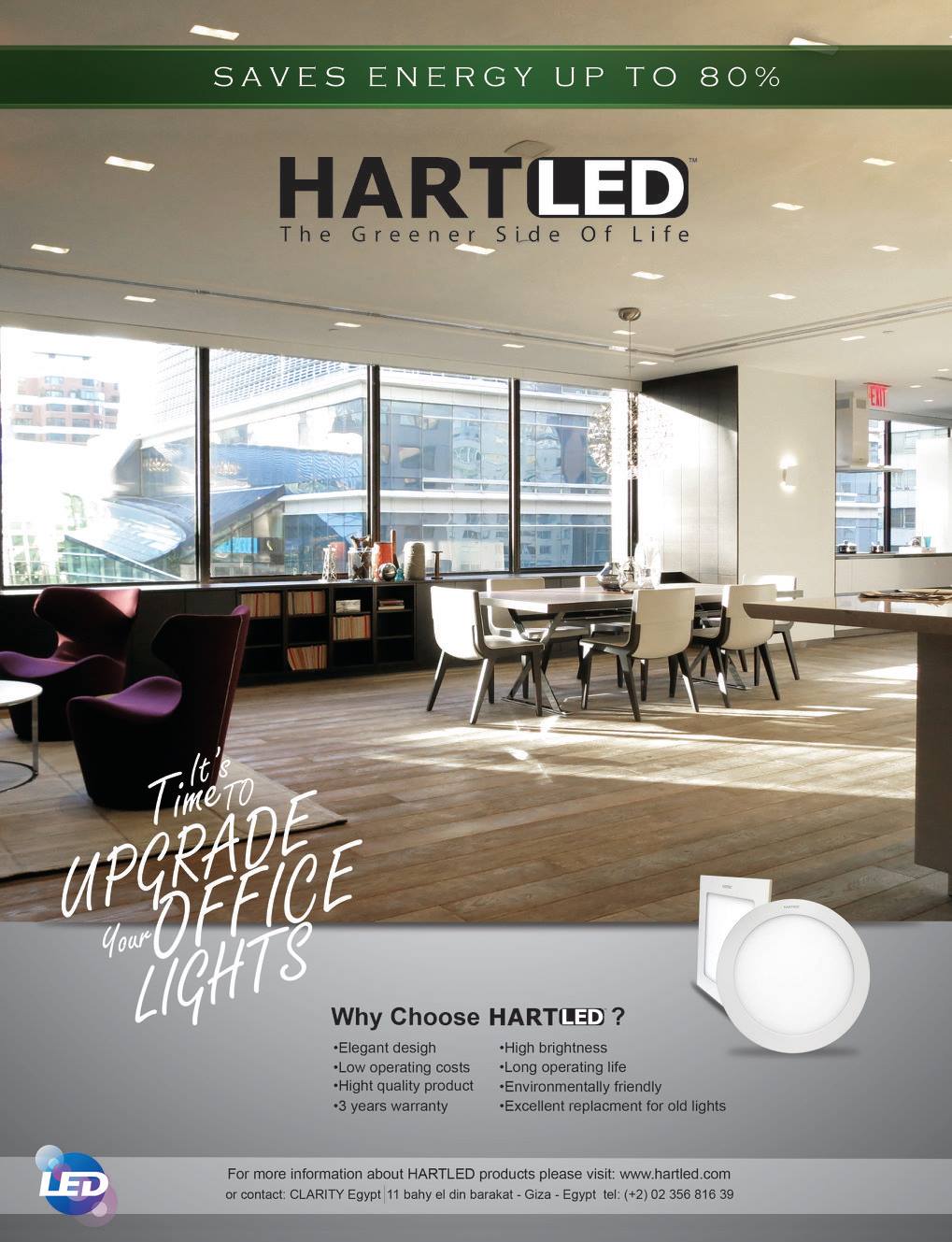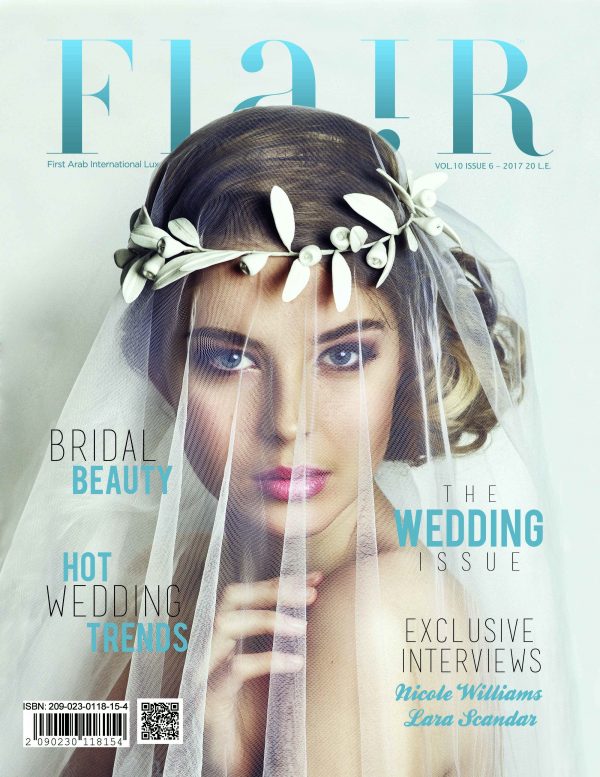Throughout the years, WantedDesign has become a hub for conversations, a gathering of international actors and a community rather than just a tradeshow. Bringing together design enthusiasts from all around the world for a celebration of global design and innovation, WantedDesign is one of the most sought after exhibitions worldwide.

This year and for the first time, Egypt has participated in WantedDesign Manhattan during NY Design Week. The US Embassy in Cairo has supported the Egyptian pavilion titled, “(re)New (re)Work,”as part of its creative economy programs in Egypt. In partnership with the Egyptian government, the purpose of the pavilion is to create connections between creative entrepreneurs from all around the world and create room for creative and commercial collaborations. Appointed by the US Embassy in Cairo, The Industrial Modernisation Center, IMC, in Egypt is in charge of the pavilion in terms of contributing to the designers’ selection, developing the concept behind the pavilion and most importantly making sure that this experience adds to Egypt’s economic growth.

“While selecting the designers, we made sure they all represent Egypt in terms of the local identity reflected in their designs. However, this was not our sole criteria; the selection was rather based on the function-ability, cost effectiveness and sustainability of the brands,” IMC marketing manager Nagwa Hussein said.

Thirteen designers were carefully selected to represent contemporary Egyptian designs. From chairs and lighting units to rugs and accessories, what they all have in common is the aim of reviving traditional crafts while incorporating them in diverse innovative objects.

The works of the designers were showcased in a uniquely curated pavilion that reflects Egypt’s fine craftsmanship and materials to world-renowned designers, editors, curators and design appreciators. Every design product in the exhibit comes with a unique narrative rooted in contemporary Egypt’s cultural richness. These designers remake, renew, revive, rework and recycle materials, concepts and familiar objects in the process of making new appealing designs.

While the selected products are diverse in aesthetic, they all reflect how the designers and artisans are connected by their interest and passion for local materials and crafts. For example, the Sebertaya, which is a portable coffee maker traditionally made of copper, is elevated by FurnHub into a more impressive version made entirely by fine glass. The ubiquitous taxi sign placed on top of thousands of cars roaming the streets of Cairo is reimagined as a pouch for pens and pencils by Cairopolitan. The ancient tradition of weaving kilim rugs is invigorated with more precise craft, new patterns, fine materials and high levels of quality control by the socially responsible enterprise Killim. The common plastic bag is reworked by Reform Studio to become Plastex, a newly designed material made from reused plastic bags that prolongs the life cycle of plastic.






